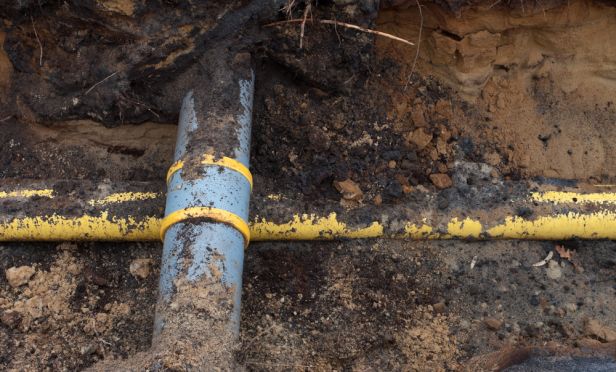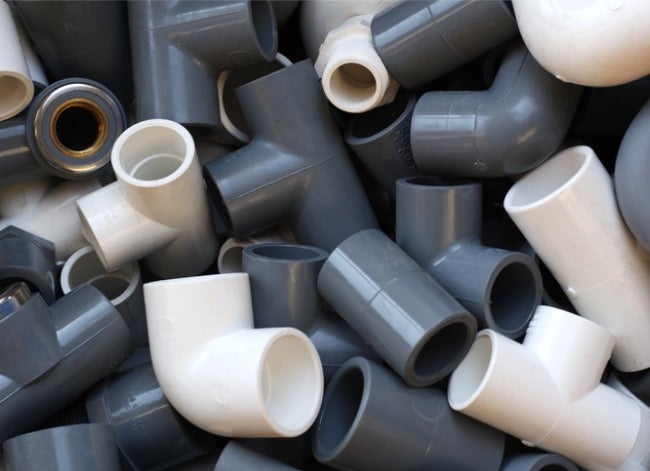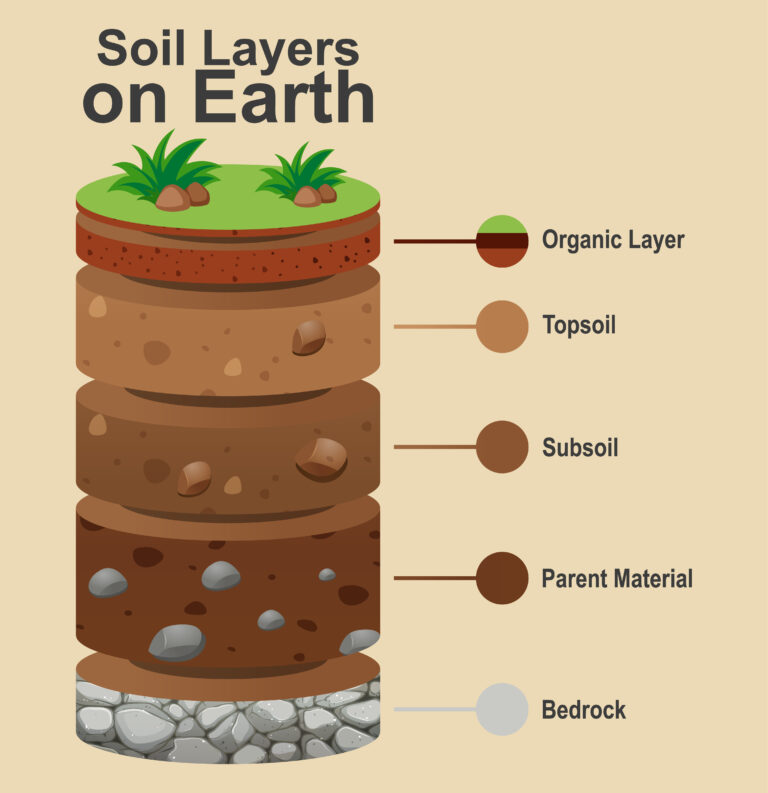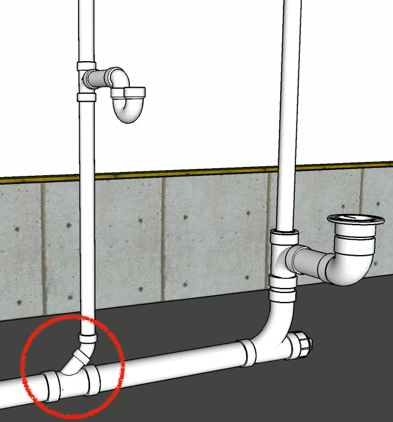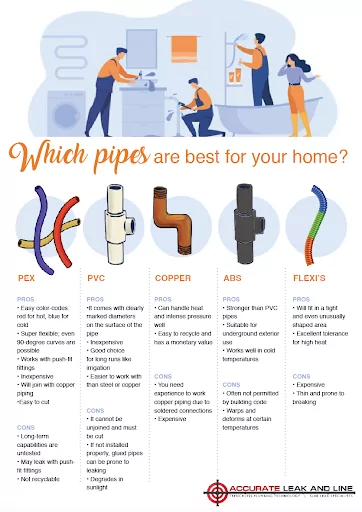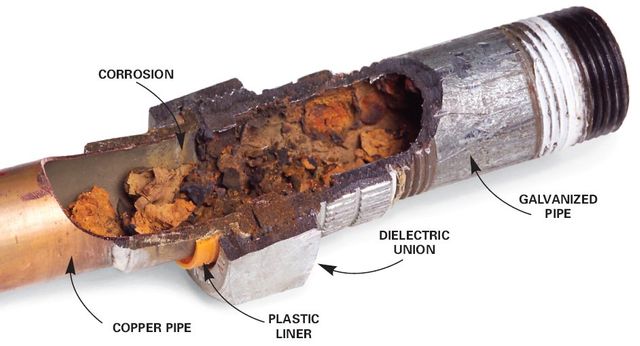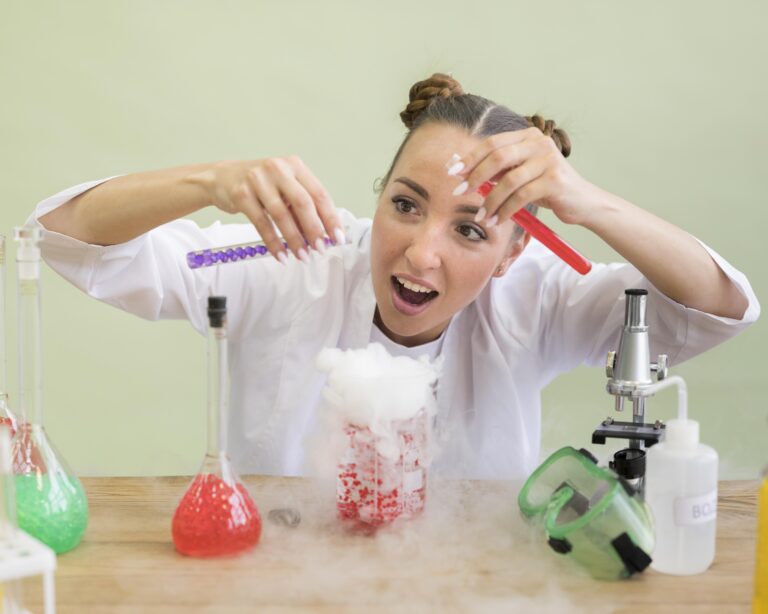What Can Damage PVC Pipes?
PVC (Polyvinyl Chloride) pipes are a popular choice for plumbing, drainage, and sewage systems due to their durability and cost-effective nature. However, like any material, PVC pipes are vulnerable to damage, and knowing what can damage them is important in maintaining their longevity. Common causes of damage to PVC pipes include improper installation, chemical exposure, high temperatures, physical impacts, and incorrect fittings. Understanding the risks can help you properly maintain your PVC pipes and avoid costly repairs.
Causes of PVC Pipe Damage
PVC pipes are a popular choice in plumbing, but they are not indestructible. Damage to PVC pipes can cause a variety of issues, from minor annoyances to major plumbing problems. Knowing the potential causes of PVC pipe damage can help you identify and prevent them before they become major issues.
The most common cause of PVC pipe damage is corrosion. Corrosion can occur due to exposure to harsh chemicals, including chlorine bleach and certain acids. It can also occur due to exposure to extreme temperatures, such as hot water, freezing temperatures, or direct sunlight. Corrosion can cause the pipe to weaken and eventually fail.
Another common cause of PVC pipe damage is physical damage. This can include anything from accidental punctures to deliberate vandalism. Physical damage can weaken the pipe and lead to leaks and ruptures.
Finally, improper installation can also cause PVC pipe damage. This includes poor fitting connections, improperly placed supports, and issues with the pipe itself, such as cracks or splits. This type of damage can weaken the pipe and lead to leaks and other problems.
Knowing the potential causes of PVC pipe damage is key to preventing it. Regularly inspecting the pipes for signs of corrosion, physical damage, and improper installation can help ensure they are in good condition. Additionally, taking proper care of the pipes and avoiding exposure to harsh chemicals and extreme temperatures can help keep them in good condition.
Signs of PVC Pipe Damage
PVC (polyvinyl chloride) pipes are commonly used in many residential and commercial properties for both waste and water lines. Despite being a popular choice for plumbing, PVC pipes are vulnerable to a range of potential problems. Knowing the signs of PVC pipe damage can help you take steps to prevent further damage and repair any existing issues.
The most common signs of PVC pipe damage are leaking, cracking, and discoloration. Leaking is an obvious sign that something is wrong and that the pipe needs to be replaced as soon as possible. Cracking is also a sign of damage and can occur due to a sudden force or temperature change. Discoloration can also be an indication of internal corrosion, which can cause further pipe failure if left unaddressed.
Other signs of PVC pipe damage include sagging, bulging, and a decrease in water pressure. Sagging or bulging can be the result of improper installation or an excessive weight load on the pipe. A decrease in water pressure is a sign that the pipe might be blocked or that it is leaking somewhere along its length.
If you notice any of these signs of PVC pipe damage, it’s important to investigate further and take action as soon as possible. Repairs can be costly and it’s best to address the issue before it becomes worse. If you’re not sure how to proceed, it’s always best to consult a professional plumber who can assess the situation and provide the best course of action.
Prevention Strategies
PVC pipes are a popular material used in plumbing systems due to their durability and affordability. Unfortunately, even with proper maintenance, PVC pipes can be damaged due to a variety of factors. In order to avoid costly repairs or replacements, it is important to understand what can damage PVC pipes, as well as to implement prevention strategies which can help keep them in good condition.
Common causes of damage to PVC pipes include exposure to harsh chemicals, corrosion, and physical damage due to improper installation. Exposure to certain chemicals or solvents can cause the pipes to become brittle and crack. Corrosion can occur due to high water pressure, improper water conditioning, and the presence of acidic or alkaline substances. Physical damage can occur due to improper installation or when pipes are crushed or pinched.
In order to protect PVC pipes from damage, homeowners should take steps to prevent corrosion by regularly checking water pressure and installing water softeners, if necessary. Additionally, check for any signs of corrosion or discoloration which may be indicative of a problem. To prevent physical damage, the pipes must be installed properly and care must be taken to ensure that they are not crushed or pinched. Finally, homeowners should be aware of any harsh chemicals or solvents which may be used in the vicinity of PVC pipes, and take steps to ensure that they are not exposed to these substances.
By understanding what can damage PVC pipes and taking the necessary steps to prevent corrosion and physical damage, homeowners can ensure that their pipes remain in good condition and avoid costly repairs or replacements.
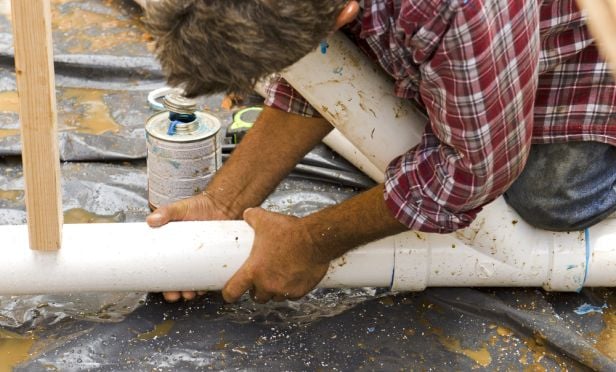
Repair Options
PVC pipes are an essential part of many plumbing systems and are used for a variety of purposes. Unfortunately, they can be damaged by a variety of factors, including temperature, pressure, and chemicals. When PVC pipes are damaged, it can create a huge inconvenience and cost for homeowners and businesses, so understanding how to identify and repair damage is important.
Common causes of damage to PVC pipes include extreme temperatures, corrosion, improper installation, and chemical exposure. For instance, temperatures that exceed 140 degrees Fahrenheit may cause the PVC to soften, crack, and eventually burst. In addition, exposure to certain chemicals or acids can cause corrosion and weaken the pipe. Improper installation can also lead to problems, such as loose connections and misalignment.
The best way to repair PVC pipes is to use specialized repair kits that can be purchased at most hardware stores. These kits include clamps, glue, and other supplies to help make the necessary repairs. It is also important to make sure to follow the instructions provided with the kit to ensure the repairs are made correctly.
In some cases, the damage to PVC pipes may be too severe for a repair kit and professional assistance may be needed. If the damage is extensive, it may require the entire pipe to be replaced. In this case, a licensed plumber should be consulted to ensure the replacement is done properly and meets local building codes.
Overall, PVC pipes are an essential part of any plumbing system but can be damaged by a variety of factors. Knowing how to identify and repair damage to PVC pipes can save homeowners and businesses time and money in the long run. Investing in specialized repair kits or consulting a professional plumber is the best way to ensure the problem is properly addressed.
Long-Term Maintenance
PVC pipes are a great investment for your plumbing system, but proper maintenance is necessary to ensure they stay in top shape. While PVC pipes are generally considered to be quite durable, they can still be damaged if proper precautions are not taken. When it comes to protecting and maintaining your PVC pipes, there are a few things you should be aware of.
The first is that prolonged exposure to sunlight can cause damage to your pipes. UV rays can cause the plastic of the pipes to degrade over time, resulting in cracks, leaks, and other issues. To protect your pipes from UV damage, you can install UV-resistant covers or paint your pipes with a UV-resistant coating.
Another concern is that of chemical damage. Certain chemicals, such as chlorine, can cause PVC pipes to become brittle and crack. To prevent this from happening, you should ensure that the chemicals used in your plumbing system are suitable for PVC pipes, and avoid using harsh cleaning agents.
Lastly, you should be aware of the environmental factors that can affect your pipes. For example, extreme temperatures can cause the plastic to expand or contract, which can lead to cracks or leaks. To avoid this, you should ensure that your pipes are insulated properly and avoid exposing them to extreme temperatures.
By taking these precautions, you can ensure that your PVC pipes remain in good condition for a long time. Regular inspections and maintenance can also help to identify any problems before they become serious. With proper care, your PVC pipes will last for many years to come.
Alternatives to PVC Pipes
PVC pipes are a cost-effective and versatile choice for plumbing and drainage applications, but due to their composition, they can be susceptible to damage. To ensure your plumbing system remains safe and efficient, it is important to be aware of the factors that can cause damage to PVC pipes, as well as the alternatives that are available.
When it comes to plumbing systems, there are many alternatives to PVC pipes, including copper, PEX, and polyethylene pipes. Copper is a durable material that can withstand extreme temperatures and is resistant to corrosion, making it ideal for hot and cold water systems. PEX (cross-linked polyethylene) pipes are flexible and easy to install, but may not be as strong as copper or PVC pipes. Polyethylene pipes are lightweight and durable, but they are not suitable for hot water applications.
No matter what type of pipe you choose, it is important to take the necessary precautions to protect your plumbing system from damage. Regularly check for signs of corrosion, clogs, or leaks, and perform annual maintenance to ensure your pipes remain in good condition. Additionally, be sure to use the appropriate fittings and connections for your chosen type of pipe, and always follow the manufacturer’s guidelines for installation and maintenance.
By understanding what can damage PVC pipes and being aware of the alternatives available, you can make an informed decision when selecting the best option for your plumbing system.
FAQs About the What Can Damage PVC Pipes?
1. What are the most common causes of damage to PVC pipes?
The most common causes of damage to PVC pipes are improper installation, over-tightening of fittings, and exposure to extreme temperatures.
2. Can PVC pipes be repaired if they become damaged?
Yes, PVC pipes can be repaired with the help of a professional plumber. Depending on the extent of the damage, the pipe may need to be replaced instead of repaired.
3. Are there any ways to prevent damage to PVC pipes?
Yes, there are a few ways to prevent damage to PVC pipes. Be sure to properly install the pipes, use the correct fittings and clamps, avoid over-tightening the fittings, and avoid exposing the pipes to extreme temperatures.
Conclusion
PVC pipes can be damaged by several factors. These include physical damage, exposure to sunlight, extreme temperatures, corrosive substances, and the presence of bacteria. To ensure optimal performance, it is important to inspect and maintain PVC pipes on a regular basis. Additionally, it is advisable to replace or repair any damaged pipes as soon as possible.

